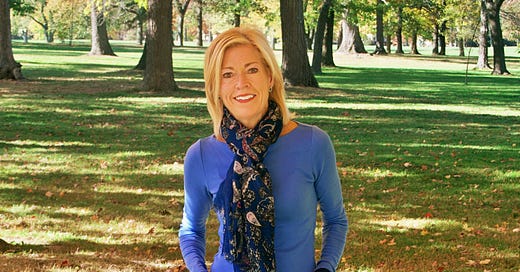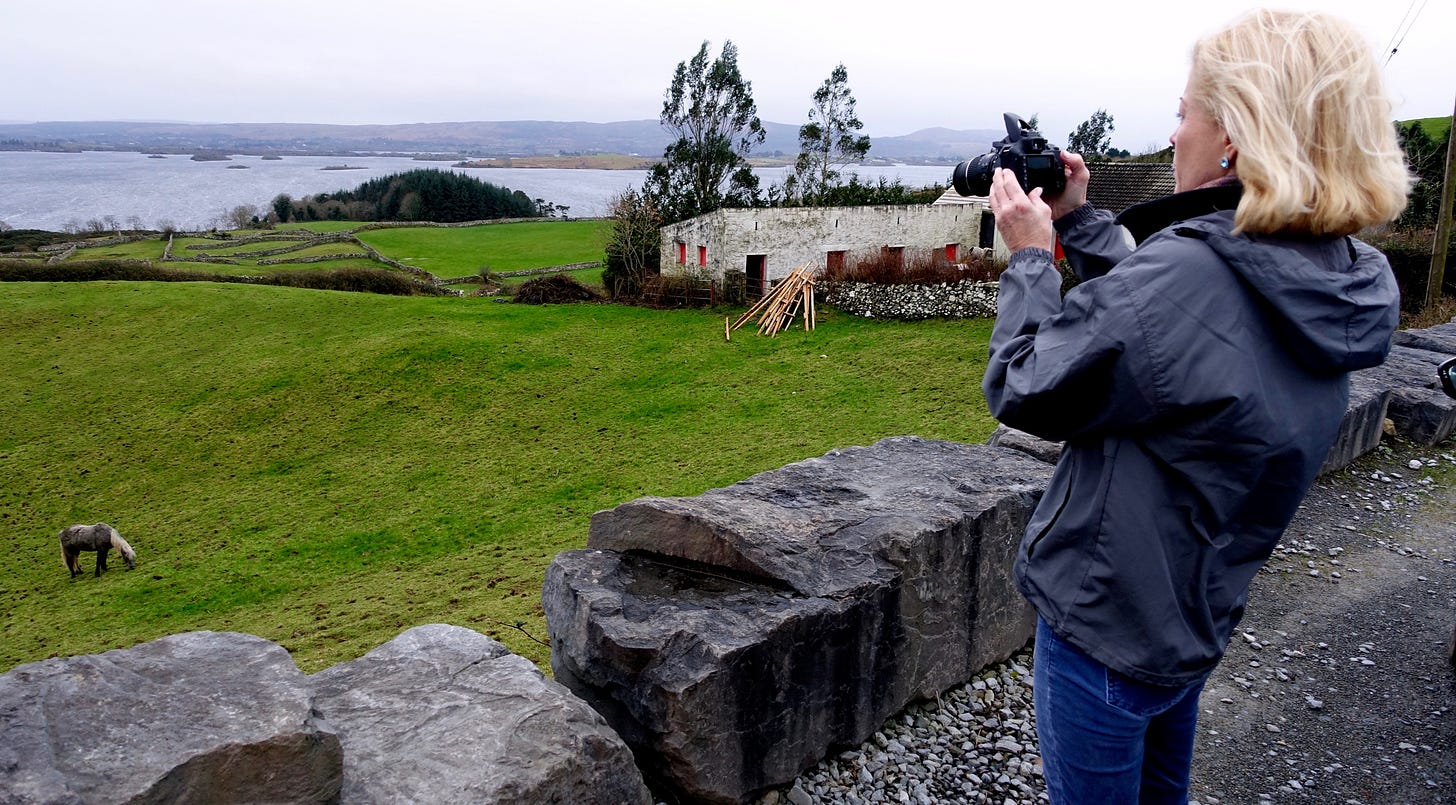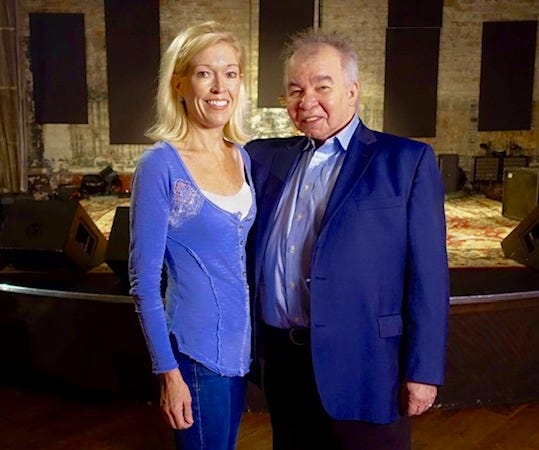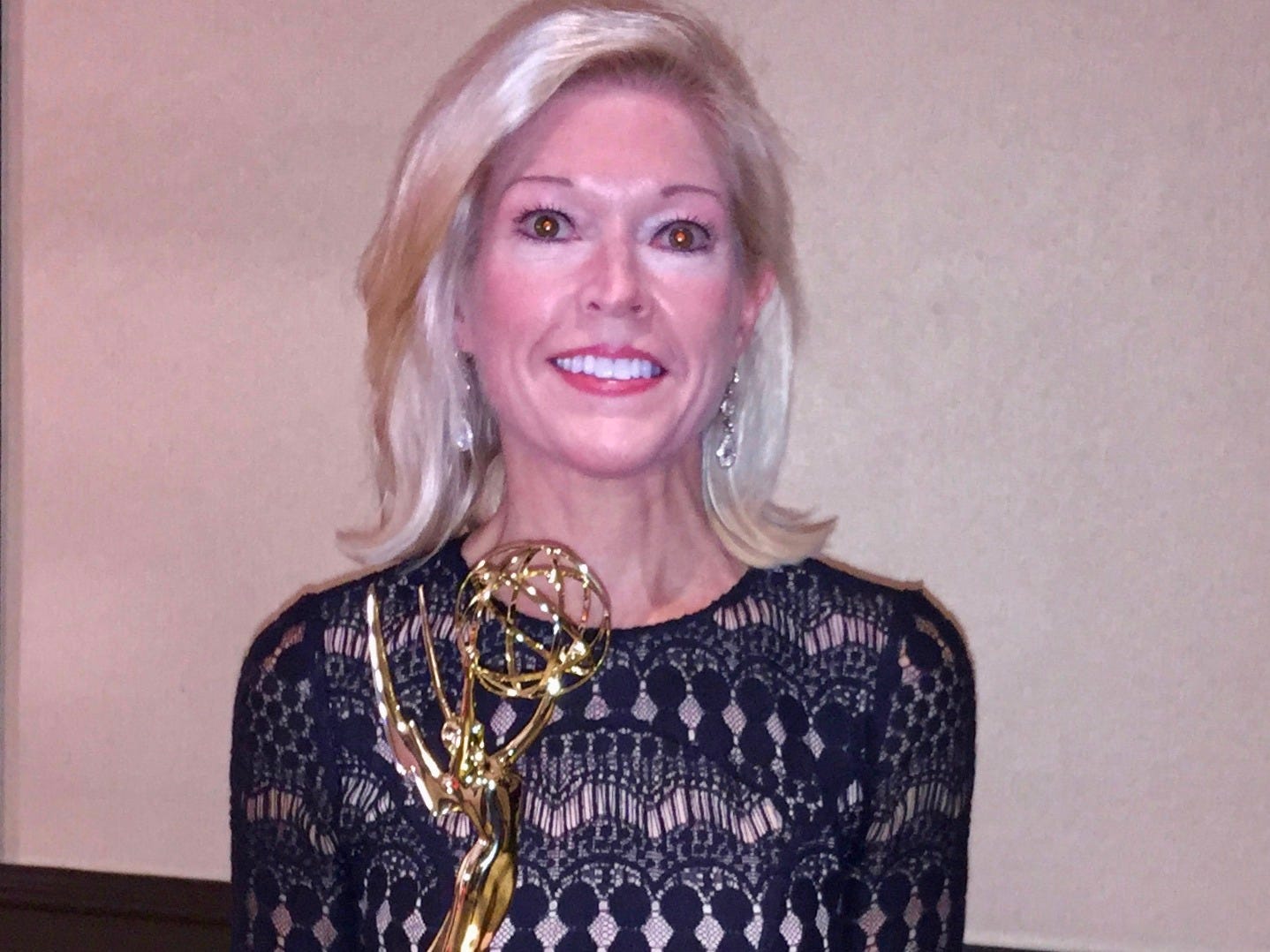Inchoate: in·cho·ate
/in’kōet/ in-KOH-uht (adjective)
Definition: just begun and so not fully formed or developed
Mid-16th century; from Latin inchoatus; variant of incohare ‘begin’
partly in existence or operation : incipient; imperfectly formed or formulated
________________________________________________
Inchoate describes that spark of a nearly-formed idea that ignites your imagination. You can’t yet fully articulate what you envision, but you know you’ll bring it forth. Or it’s a plan you sketch and fully trust is viable even before it’s executed.
In legal terms, inchoate refers to crimes plotted, but not fully accomplished, and contracts not yet formalized.
Inchoate can also apply to capabilities or gifts within yourself that will flourish with some honing, practice or sustained effort.
In fact, hard work inspired the term. Choate is derived from cohum, the strap that connects a plow to oxen. Harnessing the cohum, a step in preparation for labor in the fields, evolved to mean “to start work on.”
By definition, any and all of us who consider ourselves unfinished “works in progress” are inchoate beings. Personally, I’m so far from fully realized that I still think I’m 26. Oh, I hear all the snickering out there! And I can do the math—I do know I’m four decades beyond my delusion. Still, scoff if you will, but 26 remains an internal age that keeps me looking forward with a “what’s next?” enthusiasm.
Youthful optimism works at every age, especially if we’re also conscious of the clock chiming life’s brevity. Taken together, those counterbalancing realities help keep us attentive to the inchoate, underdeveloped or incomplete dimensions of ourselves that need nurturing if we’re going to live the life we’re given.
I say “given” because each of us is born with innate gifts, genetic propensities that propel us in certain directions, and dispositions that fuel or defer our dreams. Some people cultivate a talent for identifying their greatest gift early, then strengthen it and find growing fulfillment from young adulthood on. Others discover different dimensions of themselves at various stages of life—adapting, refining or replacing them as time goes on. Still others never pursue their optimal path due to fear, timing, lack of drive or insurmountable obstacles.
But each of us — no matter how evolved — feels unfinished in some aspect of life. We possess nascent gifts, passions and potential that carry the mark we are meant to make in the world.
The good news: there is time.
We can vivify and embolden neglected gifts, regardless of our age. It is actually an absolute asset to be inchoate, to know that who we are is “not yet.” Then we will search relentlessly for new ways through the labyrinth of our inner complexity, tearing down self-destructive obstacles, and emerging with strengths we never knew we had.
In my own life, I’ve found abiding and deep satisfaction in several realms, while still failing to tame a restlessness that whispers “there’s something more you must do.”
Since childhood, I’ve wanted to write. I read extensively and tapped out stories with two fingers on an old manual typewriter. From grammar school through graduate school, my activities were typical of anyone with a writer’s orientation: competing in essay contests, becoming an editor of school publications, majoring in English, receiving praise for papers and theses.
But I was also enamored with politics. I studied it, followed races, volunteered, took on leadership roles, earned a US Senate internship in Washington, and later secured paid positions on major campaigns that led to jobs in city and state government. An Illinois state senator, who remains a valued mentor, was grooming me to run as his replacement. Yet, I was growing less interested in that life.
Another unusual opportunity intrigued me. I was asked if I’d be willing to help restore and reinvigorate Chicago’s oldest church while developing a narrative to market it as a downtown religious, social, and volunteer service hub for young adults.
My faith, Chicago pride and creative passion found the invitation irresistible. Everyone else hoped I’d resist.They feared I was having a holy-roller moment I’d regret.
Ignoring the doubting Thomases, I accepted. While it appeared to some as a career step down, I am still proud that I was instrumental in growing the landmark church from 4 members into nearly 4000 registered from across the city and suburbs, and countless more people who participate in its thriving urban community of young adults—and people of all ages.
I met and married one of those young adults.
Then I surprised myself and many others by having five children, beginning in my mid-thirties. They are the light, love and pride of my life.
As I’m sure many of you have experienced, the decision to take time out to raise children takes one off the professional path for what many regard as prime advancement years. But my husband’s job kept him away from home Monday through Friday, and the family was growing rapidly, so it made sense—especially to my heart.
I kept my hand in the work world with some freelance writing, but I didn’t return to an official job until the youngest was in grammar school.
Much more happened through those years, but suffice it to say that after a long time of struggle and trying, I had to end my marriage.
When I was 55, a chance conversation with a high-level television journalist led me to volunteer on a committee developing a series on a topic I knew well. About eight months later, having learned a lot while contributing counsel they apparently deemed valuable, I was offered a position as a film producer.
The opportunity felt heaven-sent. But of course, I had questions about my lack of experience and the breadth of responsibility.
Still the TV and film pros insisted I understood story, could write, and had strong creative chops. The rest I could learn.
The next thing I heard was my inner 26 year-old saying, “Why not?”
That led to the good fortune of co-producing over 20 documentaries and some shorter stories. It has also brought me on incomparable adventures. Among many highlights were traveling via RV to the majestic Bryce Canyon, Utah to witness the wonder of the star-filled night sky…
…spending two weeks in Ireland to film a documentary on immigration…
…conversing one-on-one with singer-songwriter John Prine, after two days of interviews that included a prime backstage spot near the band during his concert in Alabama…
Perhaps the most unimaginable experience was winning two Emmy Awards!
So, my life has taken both well-travelled and less traveled roads. I suspect yours has too. I don’t view that as a sell-out or settling or short-changing ourselves. In fact, a close reading of Frost’s famous, oft-misinterpreted poem, The Road Not Taken, actually reveals that both paths before him “had worn really about the same.” But he had to choose between them, and acknowledged he might later sigh and feign the more quixotic, “I took the road less traveled by…”
The point is we can’t always make the boldest choice given the vicissitudes of life. And we can’t know which direction is best. Choosing one way often forecloses another. But that doesn’t mean we shouldn’t make a choice.
Many of us pave an indirect path with our lives, the trajectory determined by decisions suitable to one stage of our lives, then shift when circumstances change or unexpected opportunities attract aspects of ourselves that still seek expression.
And why not? Longer lifespans may allow for several pursuits of happiness.
In theory, having options avoids the ache of regret. In reality, no matter what level of accomplishment or dream fulfillment we achieve, we will still feel pinches of loss over things we didn’t get to do, or consciously chose not to do given other demands. Even a highly accomplished, prolifically-creative filmmaker colleague of mine feels regret over promising screenplays or movie plots drafted in his imagination, with no time to produce.
Regret cannot be eliminated. It can be mitigated if we avoid surrendering our possibility to the whims of chance. For the young, it might mean resisting a flattering first job offer likely to divert you far from your dreams. For anyone, it means assessing opportunities beyond their measurable payoffs. Sometimes a cynical, transactional attitude seeps into our soul, categorizing anything without a financial, social or academic ROI as a fool’s errand.
That philosophy partly explains why it’s far too common for adults to set aside talents or hobbies, or to stop pursuing long-held interests or aspirations. Yet for those who cultivate them, there’s excitement, enrichment — and the adventure of leading a double life.
A wine importer friend is also a former Big 10 football player who looks the part. Yet he majored in art in college and paints delicate portraits in his spare time. My neighbor is a high level corporate consultant, but on weekends he restores antiques and even entire rooms to their original grandeur. A woman who coaches high school sports decompresses by playing cello in an adult ensemble she organized in her hometown.
Such soul-stirring, intrinsically rewarding pursuits remind us that there are many ways to animate our human spirit. Doing so keeps us on the path of becoming, leading us to give to the world what is only ours to give.
Now perhaps you feel inexpressible angst, but balk at the possibility of change or new pursuits. Believe me, I get it. Financial demands, time, fear and other factors are legitimate concerns. They held me back from making a major change in my marriage till I paid with my health. But perhaps you can respond in some way now till you can make a way later.
Just today, I came across this anonymous quote:
You must make a choice to take a chance, or your life will never change.
Okay, I’ll go first. And I hope that by sticking my neck out, you’ll hold me to my promise.
I’ve realized I’m not too old to become what I wanted to be when I grew up. So I am finally committing to write full-time and I hope to support myself by doing so.
It’s risky, economically and otherwise, especially with the financial devastation handed me in divorce. Some might perceive it as an arrogant lark, and I’m sure it will be humbling and sometimes humiliating.
But if I don’t do it now, I’ll die with regret.
Oh, I could console myself at death’s door by counting the pages I’ve produced in my lifetime: academic theses, work publications, marketing materials, newspaper and magazine articles — even “ghost-writing” for friends. But it’s always been just part of a bigger job or other responsibility, often for another’s voice, or as a favor, or as an avocation often put at the periphery of other priorities.
But I’m not finished. I’m ready to stop side-stepping away from taking the leap.
Friends, family and colleagues have encouraged me for years to do this. But I think I have more to offer now when I’m seasoned in wisdom from living—rising, failing, grieving, loving, losing, parenting—and starting life over. I’ve also been fortunate enough to have had interesting and unusual experiences I’d like to share.
Journalism’s gatekeepers would say it’s too late for me to pursue a traditional journalism career, especially when, sadly, the industry is under siege. Substack is a rising star in online media, even drawing big names away from major publications. It provides an ideal platform for an independent like me because writers get paid exclusively but directly by our own subscriptions.
If you find merit in my work, I would be very honored and abundantly grateful if you’d support it by reading and subscribing.
More importantly, may you find encouragement here, to heed the incipient, insistent longing within, signaling that there is more to you than you’ve shone a light upon.










It’s not too late, absolutely why not, and I am cheering you (us) on in this continued becoming 👏🏼
Your insights inspire me to live better and write better, with an expanded vocabulary and stronger grasp of the greater potential that resides within all of us.